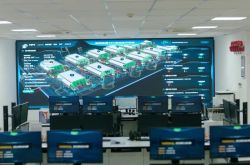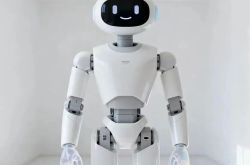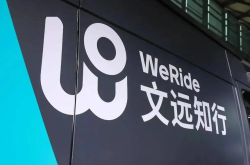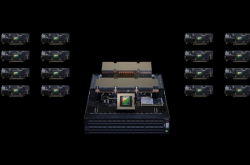Surrounding and Suppressing Model Y: Xiaomi YU7 Enters the Arena
![]() 05/21 2025
05/21 2025
![]() 542
542
Under relentless pressure from domestic competitors, Tesla Model Y's sales have undeniably taken a hit. This year, Model Y must not only contend with these established players but also brace for fresh challengers.
Although Tesla Model Y has faced stiff competition from domestic brands like Xiaomi Motors, ZEEKR, LeDao Auto, AVATR, and LYNK & CO since last year—prompting NIO Chairman Li Bin to quip that it was akin to "six sects surrounding Guangmingding"—recent data reveals that these competitors' combined sales over the past few months have barely kept pace with Model Y's.
So, who has emerged victorious in this nearly year-long battle of encirclement and suppression?
Has Model Y grown too old to compete effectively?
The traditional automotive industry's cost control strategy often hinges on economies of scale and supply chain integration. Tesla Model Y once epitomized this approach: streamlined SKUs, minimalist interiors, and a globally unified supply chain enabled it to swiftly capture the market in the early 2020s.
Data shows that Model Y retained its position as China's top-selling passenger vehicle, with cumulative sales of 480,000 units for the full year.
At the beginning of this year, the five-year-old Model Y finally received an update.
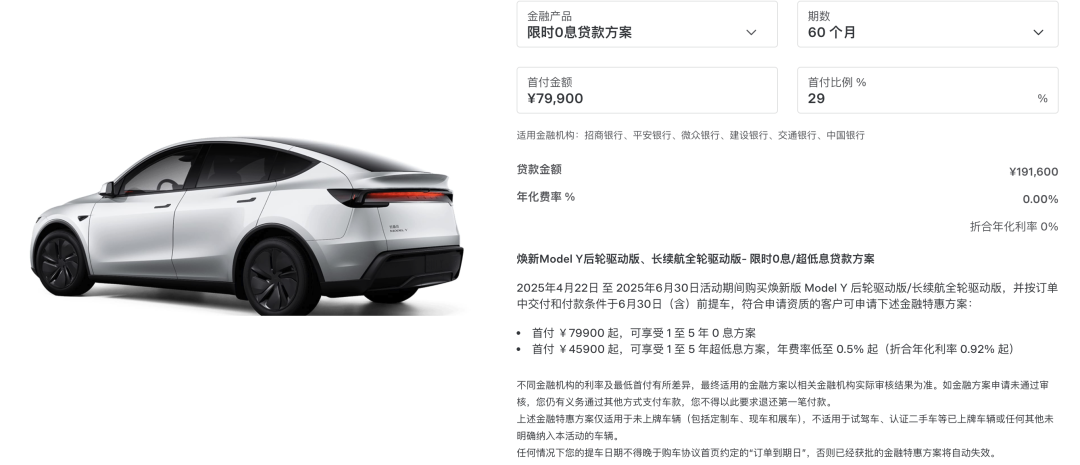
Known for its minimalist design, Tesla Model Y was once hailed as a model of "technological sense." However, the market widely perceives the updated Model Y as lacking significant highlights, with consumers criticizing it as a "half-baked upgrade."
"No one would look at this car and think, 'Oh, this is completely different, it's brand new.' I think that might be one of the problems," said Jessica Caldwell, director of market analysis at Edmunds, a car research and buying website.
For instance, the most noticeable interior change is the addition of multi-color ambient lighting, which "appears as a minor upgrade in simplicity." Exterior-wise, the refreshed Model Y adopts a trendy through-type light group at the front, but Tesla's design no longer evokes a sense of groundbreaking innovation.
Particularly in advanced driver assistance, Tesla has been diligently working to bring Full Self-Driving (FSD) to China over the past year. Amidst the relentless emergence of new models and technologies from domestic automakers, intelligent driving capabilities should have been Tesla's greatest strength. However, due to issues like data compliance, FSD's progress in entering China has been slower than anticipated.
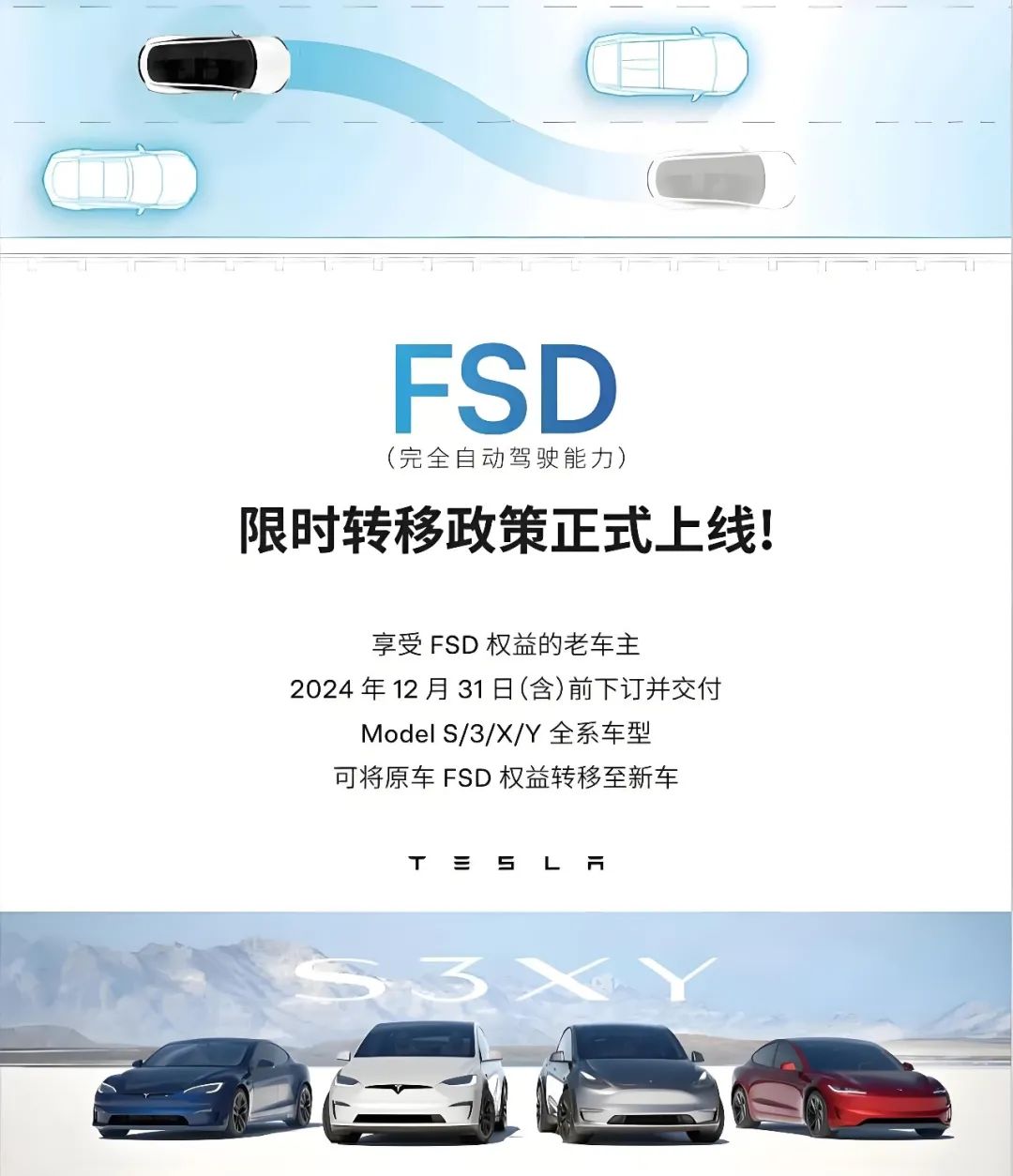
Despite Tesla officially rolling out the FSD function to the Chinese market in batches earlier this year, limitations in training scenarios pose challenges for China-specific scenarios, such as timed bus lane recognition, dense electric bicycle roads, and construction areas, where the system occasionally makes errors.
Currently, the FSD function can only perform certain intelligent driving assistance functions on highways. Further technical optimization and improvement are necessary for intelligent driving on urban roads. Industry insiders believe there is a significant gap compared to local solutions from Xiaopeng, Huawei, and others.
In fact, after FSD entered China, Tesla also attempted to boost sales through purchase incentives and other methods. On April 22, Tesla China announced that before June 30, the refreshed Model Y would offer a 5-year 0% interest financing plan across all trims for the first time, with a down payment of 79,900 yuan and monthly installments as low as about 3,060 yuan. Additionally, all trims of the Model 3 would offer a limited-time insurance subsidy of 8,000 yuan before June 30, with the rear-wheel drive and long-range versions also offering a 5-year 0% interest financing plan, resulting in monthly installments as low as about 2,460 yuan.
However, judging by sales over the past few months, the combination of promotional discounts and the introduction of FSD in China has failed to revitalize Model Y's sales.
Data shows that in April 2025, Model Y sold 19,984 units, ranking third in SUV sales for the month. Nonetheless, Model Y's sales exhibited a significant month-on-month decline of 58.5%, making it the model with the largest drop.
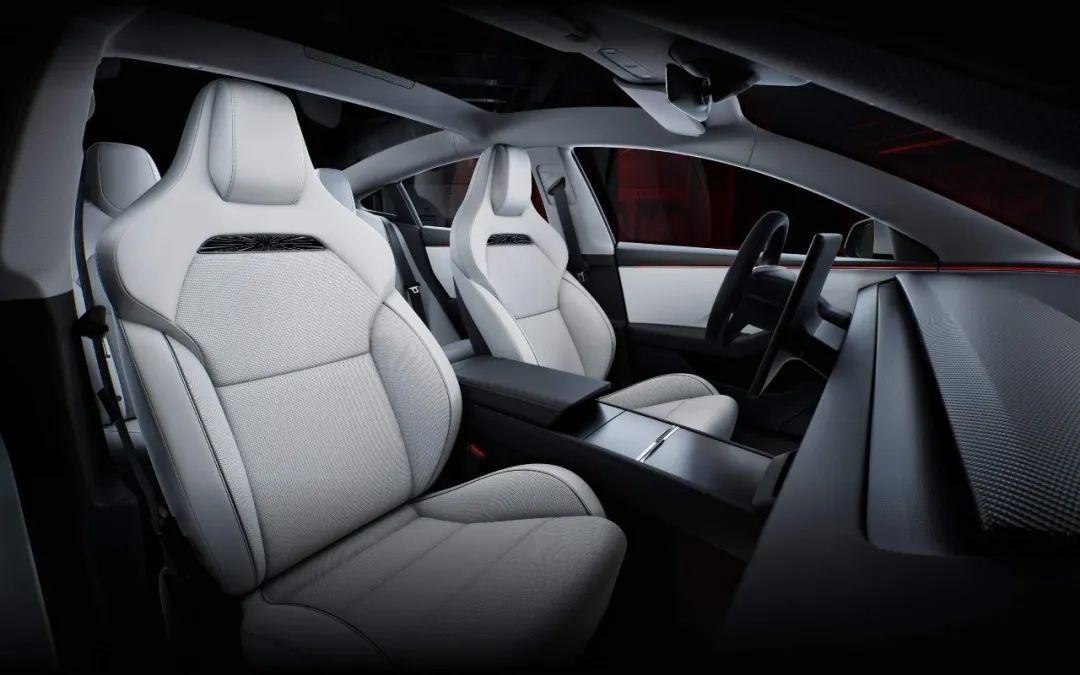
Not just in the Chinese market, the sales boost from the new Model Y models has been far lower than expected. Analysts anticipate that Model Y production in the United States will reach approximately 84,000 units in the second quarter, an increase of 17% from the first quarter but a decrease of about 12% year-on-year.
"Why are new cars discounted and offered various incentives and promotions right after they are launched?"
Loren McDonald, chief analyst at the electric vehicle data company Parent, questioned, "It doesn't make sense at all when profit margins are already at multi-year lows. This strongly suggests that there is a problem with demand."
"Buy the new Y or wait for others?"
In fact, since the second half of 2024, domestic emerging automakers have begun strategizing, launching models with similar positioning to Model Y, aiming to encircle and suppress it from multiple angles.
In this fierce competition, domestic automakers have showcased their strengths.
LeDao L60 targets the high-end market with cost-effectiveness as its core competitiveness. ZEEKR 7X excels in charging efficiency and chassis tuning. ZEEKR R7, priced higher than Model Y, offers both pure electric and extended-range power modes and is equipped with Huawei's ADS intelligent driving system. The all-new IM Motors LS6 has undergone a comprehensive upgrade in intelligent driving and the intelligent cockpit. AVATR 07 also provides both pure electric and extended-range dual power modes with a younger, more futuristic design. VOYAH Zhiyin captures the attention of some consumers with its affordable starting price...
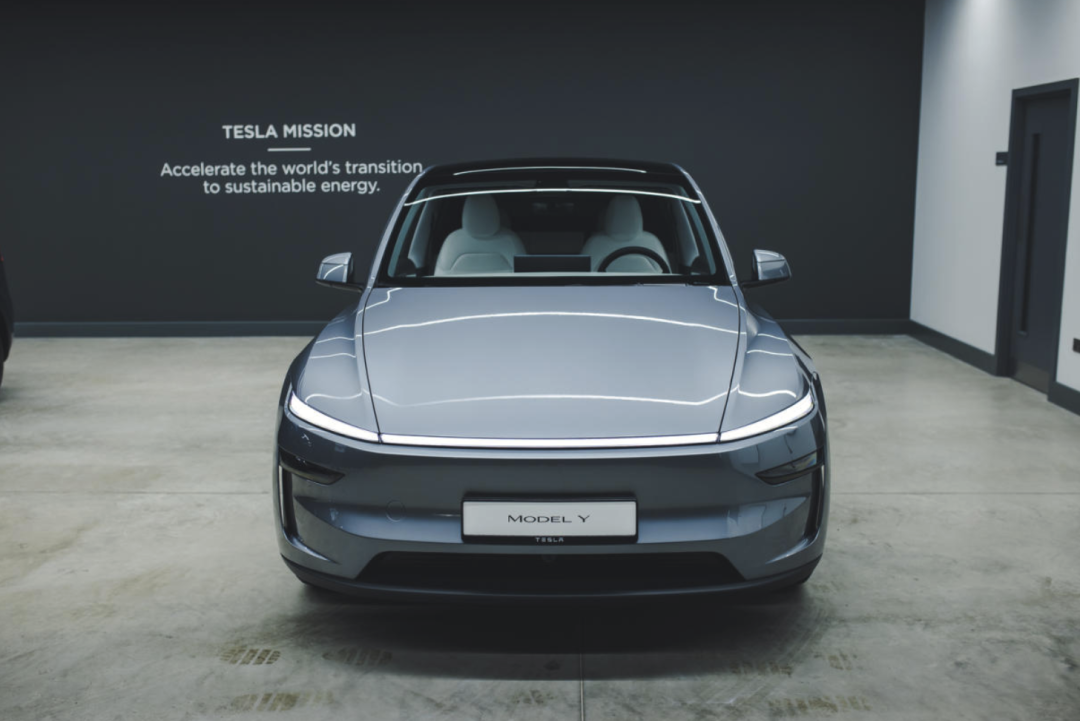
Clearly, under the relentless pressure from domestic competitors, Model Y's sales have indeed taken a hit. This year, Model Y must not only face these products but also brace for new challengers.
However, Tesla was quite confident in the refreshed Model Y beforehand, even directly stating on its official Weibo account, "Only the refreshed Model Y can surpass the Model Y when compared."
But is that really the case?
According to incomplete statistics, new energy SUV models such as Xiaomi YU7, Geely Galaxy Starship 9 EM-i, BYD Tang L, and Xiaopeng G7, which are on par with the refreshed Model Y in terms of price and product strength, will be launched successively this year.
Among them, the most anticipated is Xiaomi YU7, scheduled for unveiling on May 22. Lei Jun previously stated on Weibo, "Friends who want to buy an SUV, if you're not in a hurry, you can wait for (Xiaomi YU7)..."
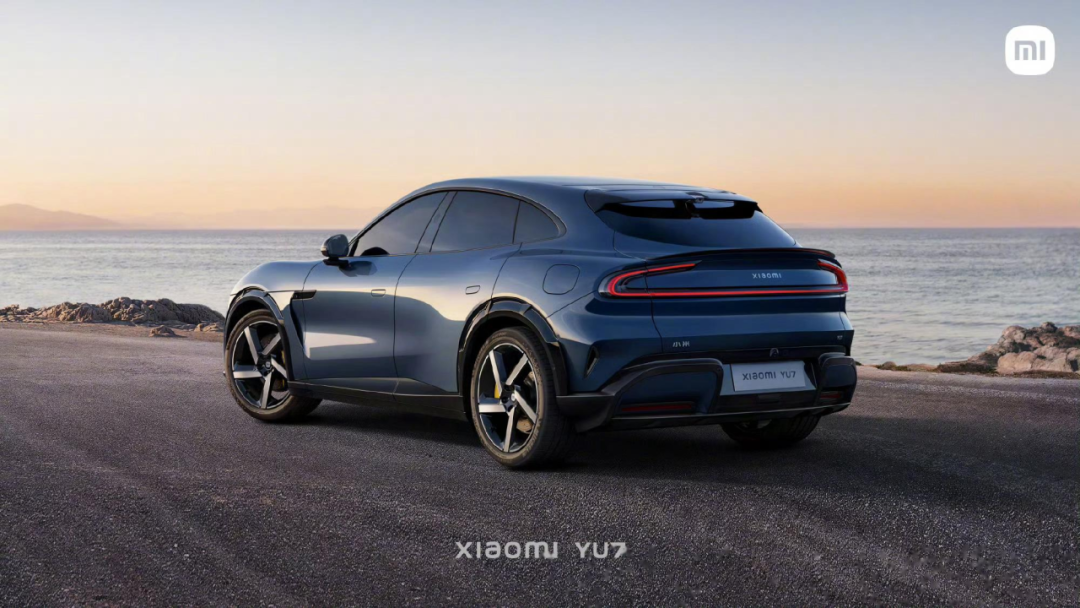
However, over the past two months, Lei Jun and Xiaomi Motors have faced a "storm of doubts, criticisms, and accusations" from the outside world. It is widely believed that after the collision and explosion incident involving the Xiaomi SU7 and the controversy surrounding the cancellation of pre-orders for the Xiaomi SU7 Ultra's carbon fiber front hood, Xiaomi YU7 is exceptionally crucial for Lei Jun and Xiaomi.
Based on the information currently released, Xiaomi YU7 demonstrates its ability to compete with Tesla Model Y in terms of performance, design, technology, and market positioning. Its advantages in power performance, spatial performance, and intelligent technology will also make it a formidable competitor to Tesla Model Y.
Furthermore, as a key model for Xiaomi Motors to increase sales volume, Xiaomi YU7 is expected to have a starting price below 220,000 yuan, which will also directly compete with Model Y and Song PLUS DM-i.
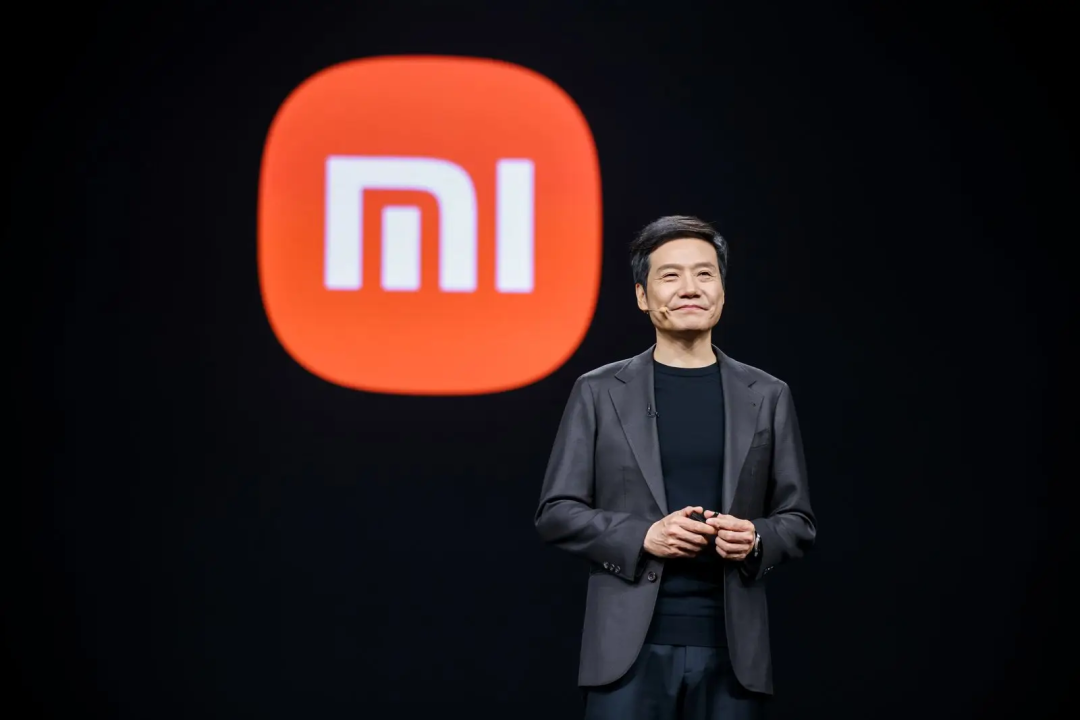
Judging from current feedback, especially on social media, Xiaomi YU7 enjoys a higher support rate than Tesla Model Y, indicating consumers' preference for cost-effective models. However, Tesla Model Y still boasts a significant number of loyal users due to its brand influence and technological advantages.
Overall, Xiaomi YU7 marks Xiaomi Motors' shift from "high-end trials" to "mainstream market breakthroughs." Its pricing strategy, product competitiveness, and delivery capabilities will be crucial factors determining its market performance. If it can provide an intelligent experience surpassing its peers at a price of around 200,000 yuan, YU7 is poised to become Model Y's most formidable competitor. Nonetheless, there is no doubt that Xiaomi YU7 will still face stiff competition from numerous local brands in the Chinese market.
It is worth mentioning that previous reports have stated that, in response to fierce market competition, the Tesla China team is developing a "lower-priced Model Y." According to insiders, this new model will have minimal changes to core components like the battery, powertrain, and chassis but will achieve rapid product launch through simplified configurations.
Tesla has previously launched a stripped-down and lower-priced version of the "Model 3" in Mexico, with a price reduction of $4,000 (approximately 28,600 yuan) compared to the standard version.
The source revealed that the "lower-priced Model Y" developed by the Tesla China team will adopt a similar approach, and the launch time will depend on the order performance of the refreshed Model Y. If Model Y's market performance continues to fall short of expectations, Tesla is expected to introduce this more cost-effective "lower-priced Model Y" in the second half of this year to address the current fierce market competition.
Perhaps, as insiders have noted, "If there's nothing new to say about the product, at least there's still a story to tell about the price."
Note: Some images are sourced from the internet. If there is any infringement, please contact us for removal.


